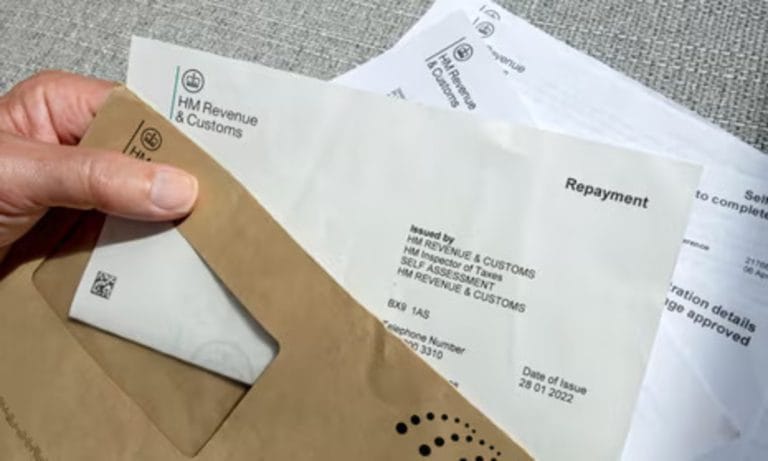🎧 Listen to This Article
Suppose you act on behalf of a client dealing with HM Revenue and Customs (HMRC). Whether as an accountant, tax adviser, or payroll professional, formal authorization is essential. This authorization enables HMRC to legally engage with you on the client’s behalf for tax matters, ensuring data security and compliance with UK tax legislation.
Overview of HMRC Agent Authorisation
Agent authorization allows professionals to access clients’ tax records, file returns, and communicate with HMRC. Authorization can be granted via HMRC’s Online Services or by submitting specific paper forms. The appropriate route depends on the services involved and the preferences or circumstances of the client.
Authorisation Methods
1. HMRC Online Services (Digital Authorisation)
This is the recommended method for most tax services. Agents initiate an authorization request via their Agent Services Account (ASA). The client then accepts the request through their own HMRC online account. Once approved, the agent can act on the client’s behalf.
This method is available for most common taxes, including:
- Self Assessment
- PAYE for Employers
- Corporation Tax
- VAT
- Construction Industry Scheme (CIS)
Not all services can be authorised online. For some areas, such as tax credits or Child Benefit, paper forms must still be used.
2. Paper Authorisation Forms
Form 64-8 — General Tax Authorisation
Form 64-8 is the standard paper form used to authorise agents for a range of tax-related matters:
- Self Assessment (individuals, partnerships, and trusts)
- PAYE for employers
- Corporation Tax
- VAT
- Tax Credits
- Construction Industry Scheme (CIS)
Client responsibilities when using Form 64-8:
- Include your agent code or reference on the form.
- Clearly indicate if CIS authorisation is being granted, either on the form or in an accompanying letter.
- Submit the completed form to the Central Agent Authorisation Team unless otherwise directed by HMRC (e.g., specific departments for Charities, Trusts, or High Net Worth clients).
Note: For tax credits, online authorisation is not available. The paper Form 64-8 must be signed by both claimants in joint claims.
Form CH995 — High Income Child Benefit Charge (HICBC)
Form CH995 is specifically used for authorising agents in relation to:
- Queries about Child Benefit payments
- Starting, stopping, or restarting Child Benefit
- Other communications with the Child Benefit Office
Once submitted and processed, the agent can communicate with HMRC by phone, post, or online. However, HMRC will continue to contact the client directly regarding important matters.
Additional Guidance and Important Considerations
- Legal Responsibility Remains with the Client: Authorising an agent does not shift legal or financial responsibility for tax affairs to the agent. Clients remain accountable for all submissions and payments.
- Personal Representatives: When dealing with the tax affairs of deceased individuals, personal representatives (such as executors) can use Form 64-8 to authorise agents for estate-related matters.
- R40 Refund Claims: When applying for tax refunds via Form R40, the relevant Form 64-8 should be submitted at the same time to authorise the agent to act on the client’s behalf.
- Department-Specific Submissions: In some cases, HMRC instructs that authorization forms be sent directly to specialized units. Always follow HMRC’s latest guidance when submitting forms to ensure proper routing and processing.
Conclusion
Becoming an authorized tax agent is critical in offering professional tax services in the UK. Whether using the streamlined online process or the traditional paper forms, ensuring correct and complete submission will help maintain compliance and allow smooth communication with HMRC on behalf of your clients.
For further details, clarification, contributions, or any concerns regarding this article, please get in touch with us at editorial@tax.news. We value your feedback and are committed to providing accurate and timely information. Please note that our privacy policy will handle all inquiries.



